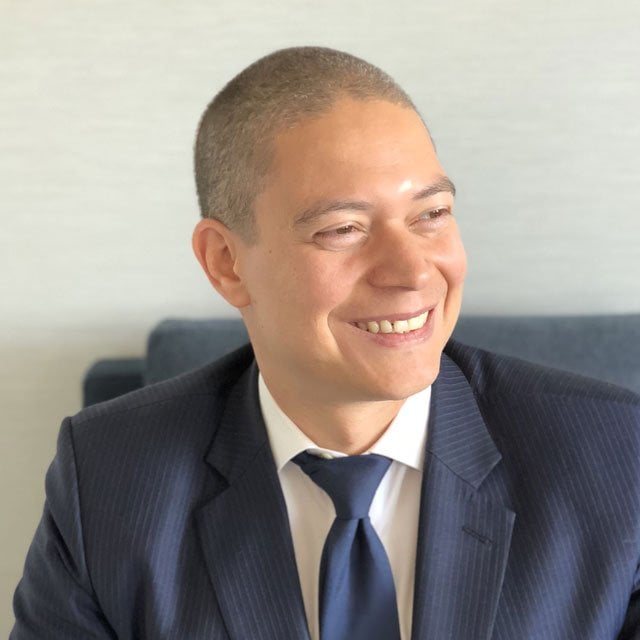Why One Independent Advisor Avoids a Niche Approach

Doing everything completely on your own as an independent advisor is almost impossible in today’s environment.
Do you focus on a particular client niche, or is the book of business more diverse?
Actually, the client base I have varies a lot across demographics, income, career stage, industry, etc., and I love it that way. There are some advisors who are very niche, and that works well for them, whether they are focused on working with attorneys or doctors or whomever.
In my case, I like working with people who are like-minded, but I can bring planning value to anyone, from entrepreneurs who are supermarket owners to clients who are employees at important firms here in New York. The variety keeps it interesting.
Another thing that is really cool is that, since I’m not in just one niche, I can take lessons from across the board and help people from all different walks of life learn from others’ experiences. This applies both from a financial perspective, but also from the perspective of people’s psychological experiences and life experiences.
I often joke with my clients and tell them that I can “see” their future, because maybe I’m serving someone who is very similar to them in temperament and career trajectory, but they are 20 or 30 years further into their career or retirement.
One thing I do across all of my clients is give them a handful of books to read, and it helps me understand more about their perspectives. One is “The Psychology of Money” by Morgan Housel and another is “Happy Money” by Ken Honda.
Both of these books speak about how we come to our financial lives as part of a bigger picture. We all have our own financial background and intuition — things that have been put to us that we haven’t asked for, things we grew up with. Speaking about these things helps to deepen the relationship with any client, whatever their walk of life.
You often speak about the importance of advisors stepping up to serve the needs of LGBTQ+ individuals and families. What insight would you share with your fellow advisors about working successfully with this community?
There are a few things to point out, starting with the fact that, on an individual basis, LGBTQ people continue to face costly issues like pay inequality, especially among women, and housing discrimination. That said, many people in this community are highly successful and wealthy, so the outlook varies a lot, and you can never just view someone from one perspective in a vacuum.
But there are some planning topics to highlight, and these have changed now that more same-sex couples are able to and choosing to get married. Before, for example, getting the health directive and the right power of attorney documentation in place for same-sex couples was crucially important.
That’s less pressing now for married couples, but it is still crucial for those people who maybe aren’t married or who are not living in a partnership.
More same-sex couples have children today — as I do — but many still do not, and that changes the planning perspective, as well. Legacy planning and spending in retirement take on a different character, and it can be really interesting to work with clients as they think about their lifestyle in retirement.
One really big trend right now is talking about longevity risk in this community and making sure people understand that they need to address this risk, potentially with long-term care or just by saving very prudently. Aging with dignity is a big topic of conversation for all my clients. How do you age with dignity when the cost of care can be so astronomical?
Finally, how are your clients navigating the economic uncertainty that has defined 2022 and 2023?
There is definitely some additional stress, but the great thing is that we are able to focus on the long-term and not just market returns.
I always tell my clients that it’s better to be saving a good portion of your salary, 15% or even 20% if you can afford it, for a long period of time. That’s going to mean you don’t have to rely on taking a lot of risk and having good luck in the markets to have a successful retirement outcome.
I tell my clients that they have to accept that the market is going to do what the market is going to do. We can’t control that. What we can do is make sure we are setting the right goals and mitigating unnecessary risk.
(Pictured: Hiram Arnaud)







